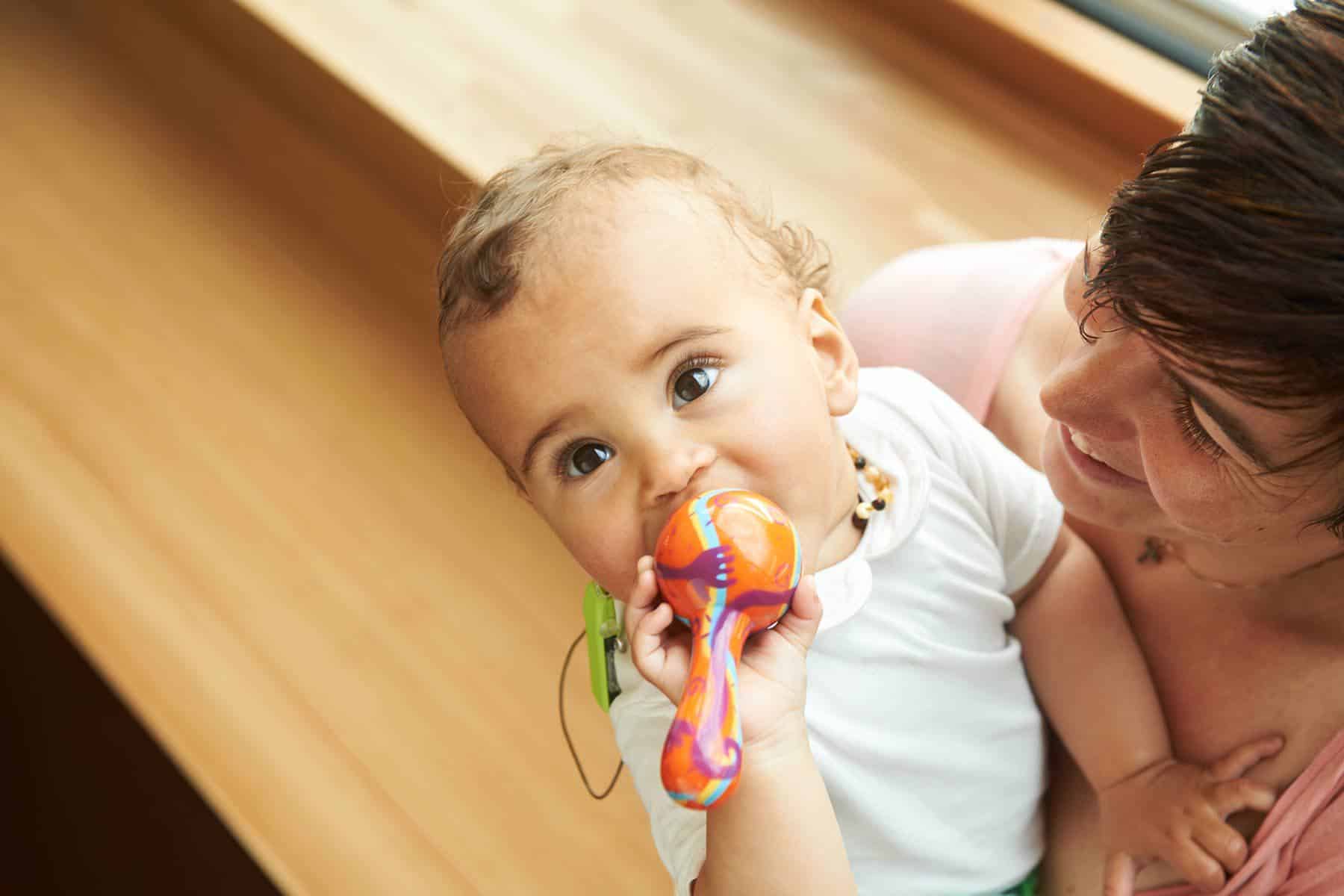Raising a Child with Hearing Loss

Jesper Juul is a family therapist who has founded multiple family therapy or counseling institutes, and has written numerous books on education and family. Here we’re excited to share some of Jesper’s thoughts for parents raising a child with hearing loss.
I’m not a big believer in encouraging children to be different. Far too often being “different” is an idea that parents and educators invent. It masks their own pain or to make themselves appear useful, rather than being of real value to children. All a child needs is authentic, empathetic parents. This means parents who see, listen to, and accept their child as-is. They lend their creativity when they know their child doesn’t see a way forward.
For a Child with Hearing Loss
The same goes for parents who have a child with hearing loss. Siblings often follow their parent’s actions towards a child with hearing loss. However, if you as a parent are overly protective or occupied with this child, that can affect your other children. They may start to rebel because they have different boundaries or limitations. A parent shouldn’t tell their child how to think or feel about their disabled sibling. Instead, parents should encourage siblings to be curious and honest about their feelings.
But they ignore the fact that the more their child is different from other children, the more self-esteem they need.
Raising a Child
I find that many parents spend far too much time worrying about building their child’s self-confidence. They assure their child that they’re able to do specific activities, like playing a musical instrument, and think that’s enough. But they ignore the fact that the more their child is different from other children, the more self-esteem they need. Self-esteem is what gives a child their self-worth in all aspects of life.
Imitation, Not Explanation
Children learn much more by imitating than by listening to explanations. When people communicate, the speaking part gives only about 15% of the message. Visual communication is more important. Children with hearing loss start reading and copying behavior since birth. I’ve found many compensate for their hearing loss by imitating the actions of those around them. You can help your child by emphasizing your actions and making it very easy for them to see what you are doing.
More about imitation: our blog article Building Your Child’s Listening Skills with Musical Sounds.
A Parent Who Can Hear, a Child Who Can’t
For all families there are likely some differences in how they perceive their parent-child relationship. Parents can deal with this difference by paying attention to their child. This includes being interested and appreciative as you watch your child grow and learn about the world around her. At the same time, do all you can do to let them know about your own emotions, thoughts, and reactions. Be clear and let them know what you are doing and why you are doing it. That way you can both grow together even though your hearing may be different.
Thanks, Jesper!
Want more tips for how to best raise a child with hearing loss? Subscribe to the MED-EL blog!
Thanks for your message. We will reply as soon as possible.
Send us a message
Field is required
John Doe
Field is required
name@mail.com
Field is required
What do you think?
© MED-EL Medical Electronics. All rights reserved. The content on this website is for general informational purposes only and should not be taken as medical advice. Contact your doctor or hearing specialist to learn what type of hearing solution suits your specific needs. Not all products, features, or indications are approved in all countries.


